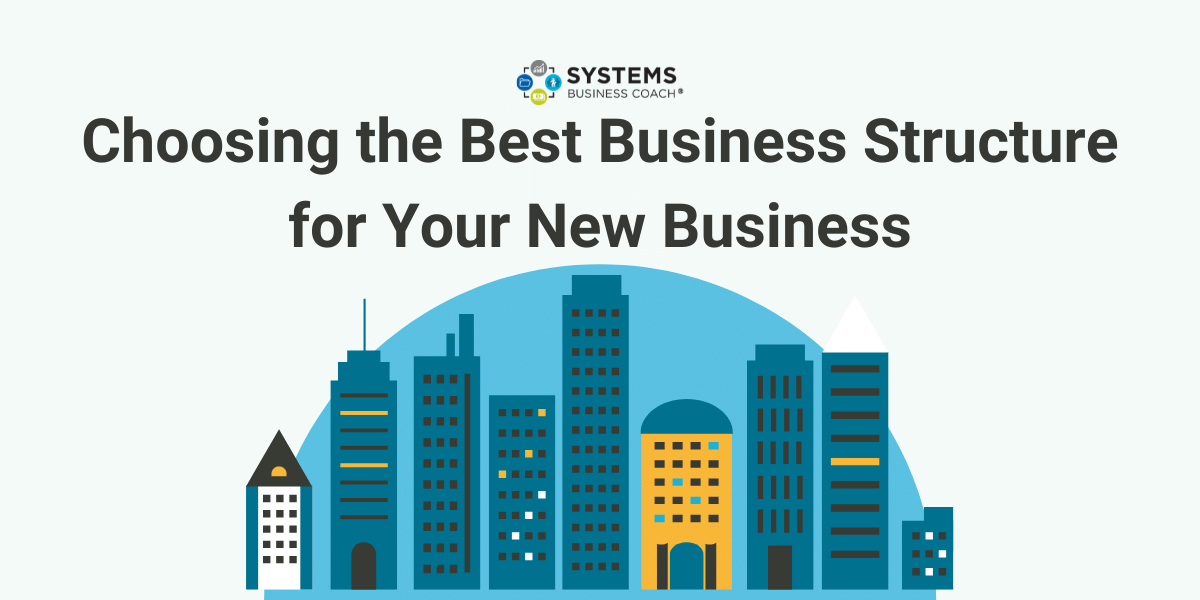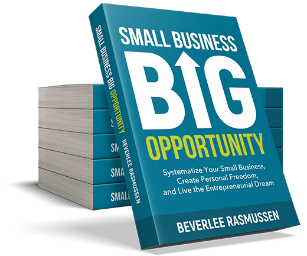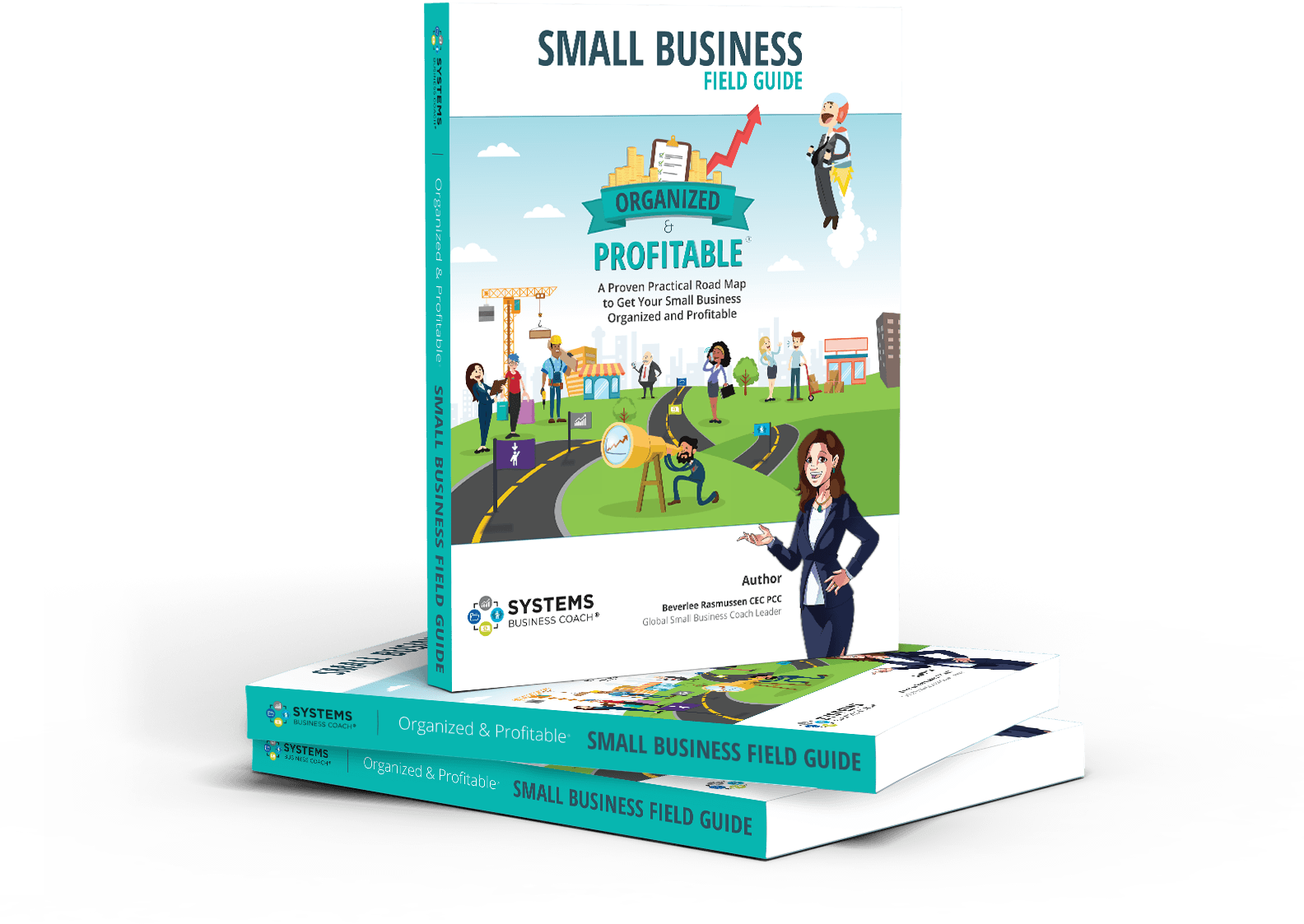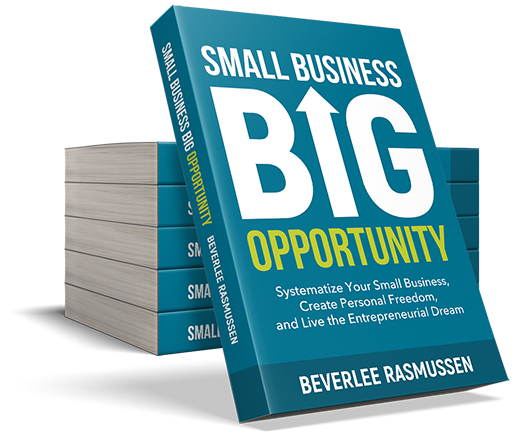Many of my clients have said that when they choose a business structure, it’s one of the first moments where they feel like turned their dream or hobby into a business. Are you ready for this next step in setting up your small business?
What is business structure?
Business structure is a system of organization for your business from a legal standpoint. Essentially, you can find the same basic business structures in commercial enterprises across the developed world. There are five different types of business structures: sole proprietorship, partnership, cooperatives, limited liability companies, and corporations
Why does it matter?
- It matters because your business structure affects your taxes and sets certain requirements for your business. (Ex. It’s not mandatory for a sole proprietorship to vote in a director or board member. It is mandatory for a corporation.)
- In order to officially register your company, you need to know your business structure. This varies depending on where you live. Here in British Columbia, Canada you need to know it!
What options are there?
Usually, there are five options when choosing your business structure. Click the options below to read more!
1. Sole Proprietorship
This is the simplest and most common type of business structure. It’s where you (just one person) own and manage a business.
You are responsible for all transactions, assets, debts and liabilities that the business experiences. Plus, you get all the profits generated from the business.
2. Partnership
A partnership is a formalized working relationship between you and another individual. You run the business together. Each of you contributes money, assets, talents, skills and other resources.
Both of you take part in the profits and share in the losses that the business generates. And to ensure that everything is shared in a fair manner, each of you signs a partnership agreement.
3. Limited Liability Company (LLC)
As the name implies, a Limited Liability Company limits the accountability of yourself and any other owners.
Unlike sole proprietorships and partnerships, an LLC protects your personal assets. In the event of a business failure, creditors can only go after the assets of the company and not those of the owners or shareholders.
A Limited Liability Company is relatively easy to form. And you can set up two types:
- The Public Limited Liability Company. The public can own shares in your business.
- The Private Limited Liability Company. This type of company has a limited number of shareholders who are prohibited from publicly trading their shares.
4. Cooperatives
A cooperative is a member-owned business structure with at least five members, including you.
Each of you has equal voting rights. The rights of all members are the same, regardless of their level of involvement or investment. Profits from the business are shared among you and the other members.
5. Corporation
A corporation is regarded by law as a distinct entity (person) separate from the individuals that have formed it. In other words, your business takes on its own identity in the eyes of the law.
The obvious advantage of the corporate business structure is that any company debts and liabilities will fall on the corporation and not on to you.
5.5 S Corporations (For United States Federal Income Tax Purposes.)
An S Corporation is a closely held corporation that elects to pass corporate income, losses, deductions and credits through to its shareholders for federal tax purposes. (Which saves the corporation money.)
The shareholders report the flow-through of income and losses on their personal tax returns. Then their taxes are assessed at their individual income tax rates instead of the higher income tax rate of the company.
This allows S Corporations to avoid double taxation on their corporate income.

Which business structure is best for you?
When choosing a business structure, consider the following questions:
- Are you going into a business solo or with a partner?
- What’s your projected revenue for the first 5 years? Some business structures are more suited to your business depending on your financials and can help you save on taxes. Talk to your accountant for more info.
- Do you have a high-risk business?
- What are the tax laws where you live? How would those affect your business structure?
I suggest talking with an accountant before you choose your business structure. They are there to help!
Until next time, enjoy your Entrepreneurial Journey!












